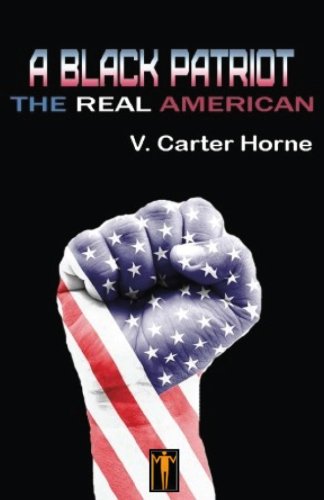Booker T. Washington and W. E. B. Du Bois: The Civil Rights Icons Who Became Bitter Rivals
ISBN: 9781727313284Despite a Union victory and Lincoln’s Emancipation Proclamation, unthinkable in the previous century, a new form of suppression and violence descended on the African American population. “Reconstruction” is employed as a generic term for the period that followed the American Civil War. Suggesting a successful rejuvenation of a war-ravaged South, it lamentably gave way to a resurrection of the same white ruling class and slave-owner mentality, protecting the status quo in the legislatures and courts. The arduous task of overthrowing Jim Crow codes and legislation marked one of the first strides toward the modern struggle for ethnic equality in American society and required nearly a century of struggle.
That effort spawned a multitude of heroic African American activists, but it is remembered in large part for the work of two iconic African American men of stature. Much like their later counterparts, Reverend Martin Luther King, Jr. and Malcolm X, the debate between gradual integration through temporary accommodation and overtly insistent activism was led by Booker T. Washington and W. E. B. Du Bois.
From 1890-1915, the most influential black man in America was Booker T. Washington, who less than 35 years earlier had been born into slavery. The young boy worked laboriously until emancipation before going on to seek an education, and by the time he was 40, he was consolidating a network of supporters that came to be known as the “Tuskegee Machine”, helping coordinate action with the support of black businesses, religious communities, and others. Using his position of power, Washington spoke out against Jim Crow laws and Southern disfranchisement of blacks.













